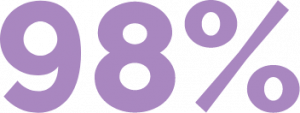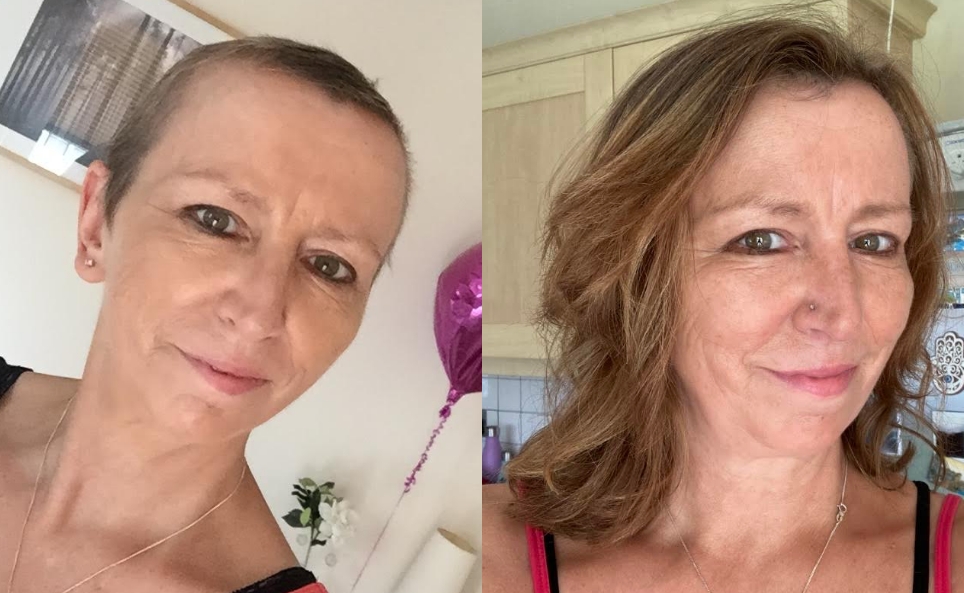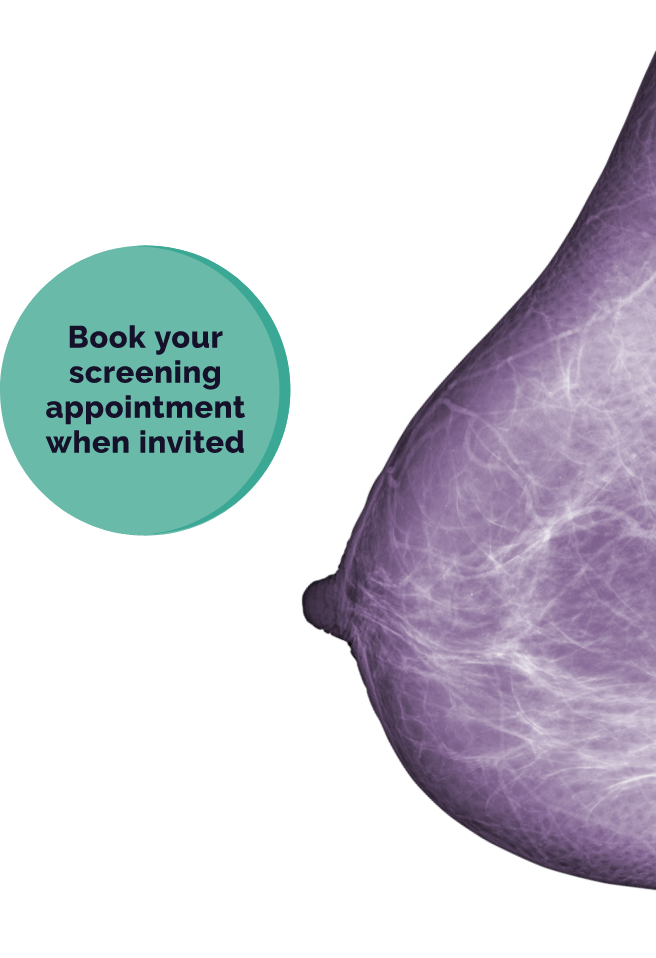
About breast cancer screening
Breast cancer is one of the most talked-about cancers. We’ve all heard of it. And most of us know someone who has been affected. It’s also the most common cancer in women. Around 55,000 women are diagnosed with breast cancer every year. So, the older we get, the risk of breast cancer increases.
Still, the good news is, from the age of 50 you’ll be invited to have your breasts screened using a mammogram. The mammogram can spot cancers when they are too small to see or feel. It means we can catch them early!
Like all cancers, the earlier a cancerous growth is found, the better the chances of surviving. It also means less likelihood of needing a breast removed (mastectomy) or chemotherapy.
Overall, the breast screening programme finds cancer in around 9 out of every 1,000 women. Breast cancer survival is improving and has doubled in the past 40 years. If caught at the earliest stage (Stage 1) around 98% of women will survive their cancer for 5 years or more after their diagnosis.
Overall 76% survive breast cancer for 10 or more years.
Who is eligible?
![]()
50 – 70 years old Every 3 years
Women in England who are aged 50 – 71 and registered with a GP are automatically invited for screening every 3 years. Your first screening will be between the age of 50 – 53.
If you are aged 71 and over, you’ll stop receiving screening invitations but you can still ask to have breast screening.
If you think you may have an increased risk of breast cancer due to family history, talk to your GP so you can be referred to a hospital high-risk clinic.
Some key facts

1 in 7 women in the UK will develop breast cancer in their lifetime.
25%
25% of cases are diagnosed in women aged 75 and over.
8 in 10
8 out of 10 cases are diagnosed in women over the age of 50.
The process
A mammogram is an x-ray picture of your breast. You will have two x-rays taken of each breast. The appointment is likely to be 30 minutes, although the screening itself only takes a few minutes. You will stand in front of a special x-ray machine.
-
Step 1:The health practitioner will place your breast on a plastic plate. Another plate will firmly press your breast from above. The plates will flatten the breast, holding it still while the X-ray is taken. You will feel some pressure.
-
Step 2:This is repeated to get a side view of the breast. This happens for both breasts.
-
Step 3:It is uncomfortable and can sometimes be painful. But it just takes a few moments and the discomfort is soon over.
Top tips and advice
You are not alone when it comes to getting your mammogram. If you’ve never had one before, or it was a while ago and you just want a refresher, we’ve got some really handy tips to think about to make the process as easy as possible!
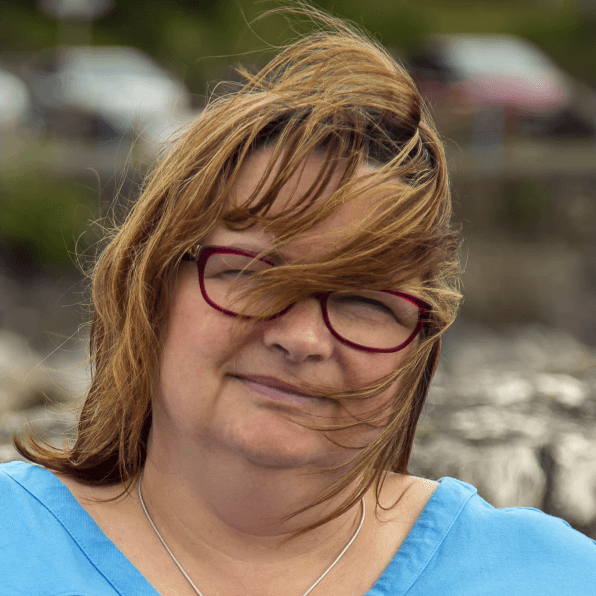
Wear a two piece outfit!
Wear a two piece, top and trousers or skirt so you can keep your bottoms on.
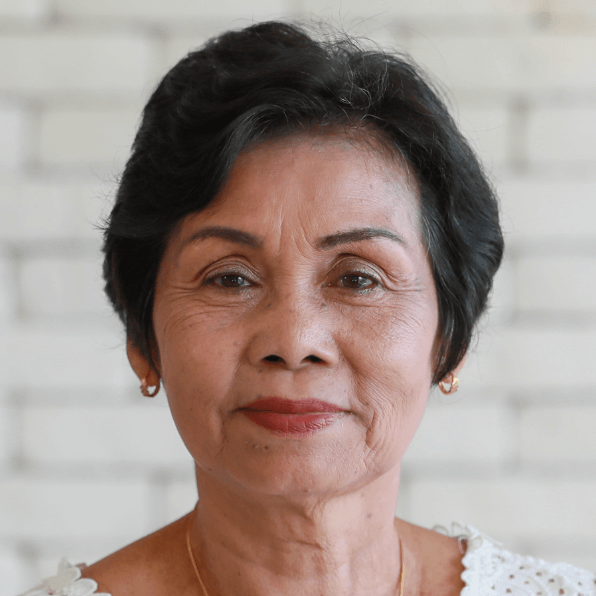
Eat!
There is no need to fast before a mammogram. You can also drink and take any medication you usually do.
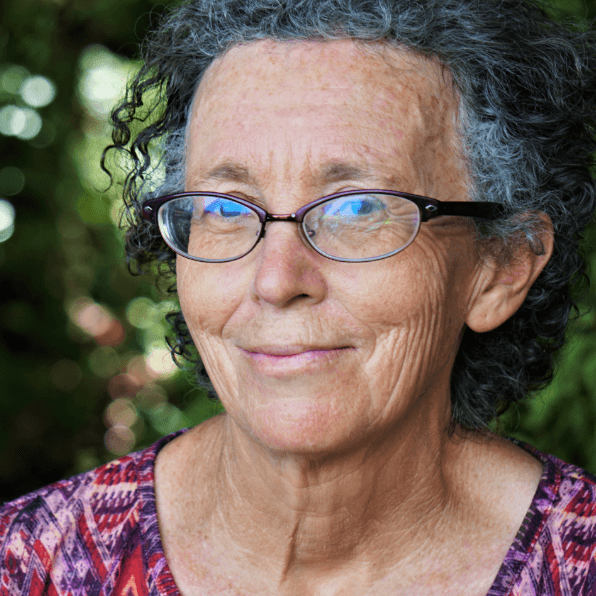
Do not use deodorant, creams, perfume around your breasts or underarms.
These can show up as white spots on the mammogram causing an inaccurate reading. If you forget, don’t worry, you can wipe it off before the examination.

Don’t go right before your period
Try not to attend right before the start of your period. Your breasts may be more swollen or tender at this time. The best time to go is about a week after your period.
Common questions
Blink and we’re at 50 already! And no one really talks about mammograms, and they’re rarely on the TV, so it’s no wonder you have questions. Some of the more common ones are answered here, but your health professional will answer anything else you may be unsure about.
Question
When do I get my results?
You should get your results within 2 weeks.
What do my results mean?
Normal result
You’ll receive a letter to let you know your mammogram shows no signs of cancer. Your next appointment will be in 3 years.
Unclear result
If the x-ray isn’t clear enough or shows any abnormal areas, you will be called back for more tests. You may need to have more x-rays.
Called back
Around 4 out of 100 women are called back for more tests. It’s normal to feel worried, but many of these women don’t have cancer. The health professionals will take a closer look by magnifying a mammogram or running an ultrasound. They may possibly take a sample of cells (biopsy) from the abnormal area.
Will it hurt?
It will be uncomfortable and may be painful. It only lasts a very short amount of time and is nothing that you cannot manage. Research has shown that for most women it’s less painful than a blood test and compares with having blood pressure measured.
What do I do if I have already noticed a change in my breast?
If you notice any of the following you should make an immediate appointment with your GP
- A lump
- Nipple discharge other than breast milk, especially a bloody discharge
- Swelling
- A change in size or shape
- Skin irritation, such as redness, thickening, or dimpling of the skin
- Swollen lymph nodes in the armpit
- Nipple problems, such as pain or redness
I’m not mobile, can I still be screened?
Due to the technical nature of the screening, you must be able to stand up and hold your body position for several seconds.
In the first instance speak to your breast screening unit to discuss if it will be possible.
I’m changing from a man to a woman. Will I be screened?
If you are having male to female gender reassignment you may be screened as a self-referral at a request of a GP. If you are registered as a male with the GP, you will not be invited for breast screening.
I am trans and/or non-binary. Will I still be offered breast screening?
If you are going through female to male gender reassignment, you’ll continue to be invited for breast screening as long as you’re registered as female at your GP practice. If you have had both breasts removed, you will not be offered a mammogram.
Common myths and fears
When an issue doesn’t get discussed openly or regularly, myths and common fears emerge. You are certainly not alone if you’re experiencing any of these concerns! Hopefully we can put your mind at ease before your appointment.
Common Myth or Fear
I’m scared
That’s natural. Breast screening brings all sorts of fears to the surface. The important thing is to acknowledge them and go and get tested. Almost all women diagnosed with breast cancer at the earliest possible stage survive for at least 5 years after diagnosis and are likely to be cured.
I’m embarrassed
It can feel exposing to uncover your breasts, which are a very private part of your body. To make you feel more relaxed, you can check ahead to see if the person carrying out the mammogram is a woman. You will be give a gown to wear, that opens at the front (like a shirt or blouse) to help limit feeling too naked.
My breasts are too small?
Don’t worry, everyone has enough breast tissue for a mammogram.
My breasts are too big?
It is sometimes a little trickier to x-ray very large breasts, but they won’t be too big. It might mean a couple of extra images.
I have implants
A mammogram is still the best way to detect early breast cancer, even if you have breast implants. But a small amount of the breast tissue might be hidden by the implant.
This means that it is not as easy to see all the breast tissue, and you may have more x rays taken. This will help the doctor see as much of the breast tissue as possible.
It is useful to let the screening unit staff know that you have implants before your mammogram.
Help and support
There are several fantastic organisations that can help, support and guide you through a breast cancer diagnosis and treatment. They are caring, supportive and knowledgeable and there to help you, if you need it.
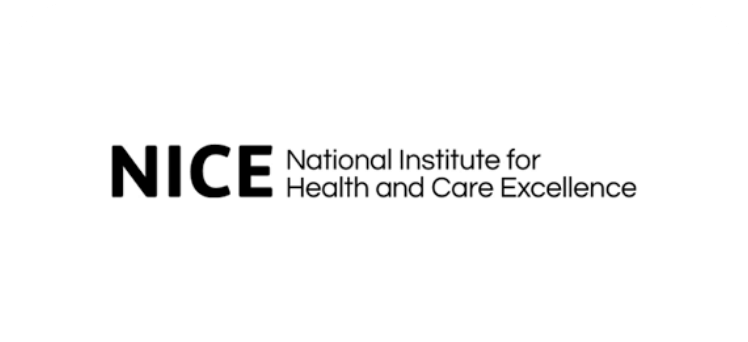
NICE CKS Breast Screening
National Institute for Health and Care Excellence quick answers to clinical questions regarding breast screening
Visit link

Cancer Research UK
Cancer Research UK offers advice on the importance of breast screening.
Visit link
Macmillan Breast Screening
Macmillan Cancer Support offer advice on the importance of breast screening and have a helpline to call for those worried about breast cancer.
Visit link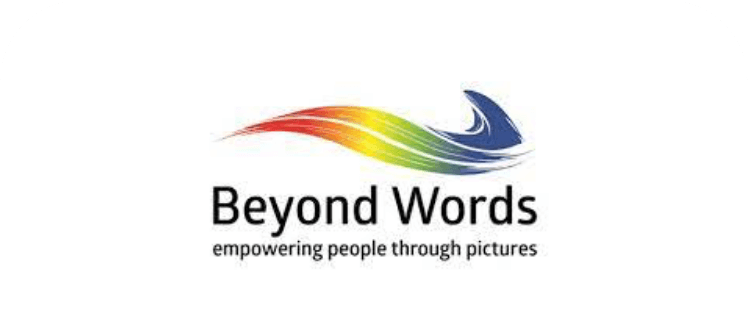
Beyond Words Resources
An easy to follow picture guide to breast screening. Supporting people who cannot read or do not like written words
Visit link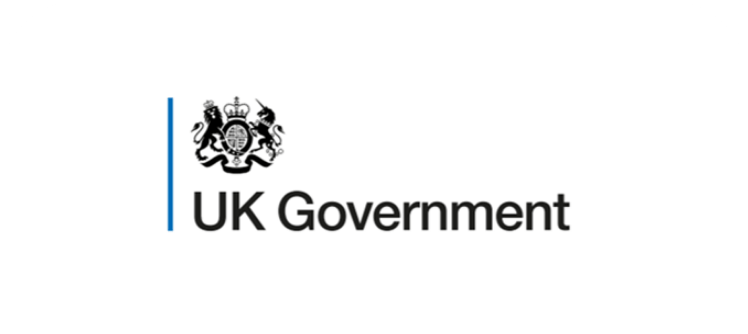
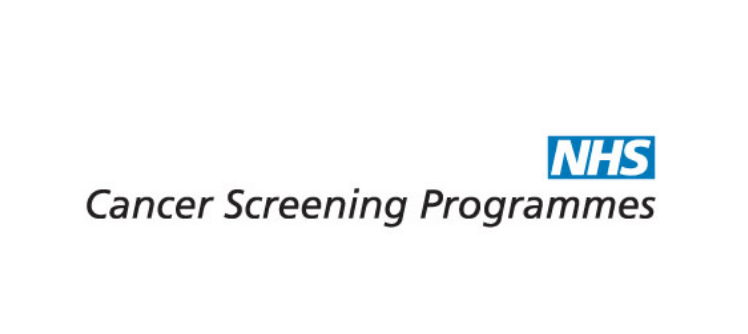
Lived Experiences
Support the campaign
We would love if you could encourage more people to go for their mammogram. By sharing your experience with your friends on social media and showing it’s normal and that everyone should be encouraged to take up their screening appointment, you’ll be helping us find breast cancer early in as many people as possible.

“I’ve had my mammogram!”
Social media graphic to Download or Share on Facebook, Instagram and Twitter.
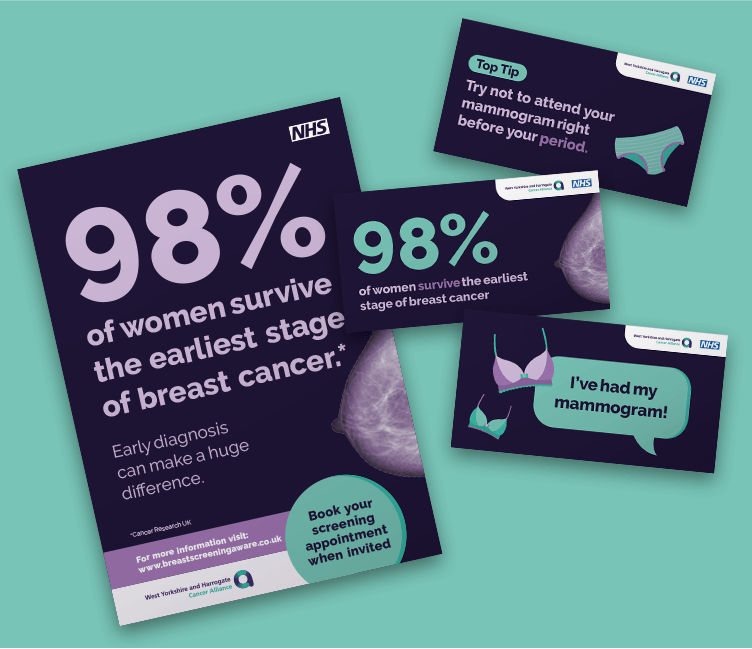
Breast cancer supporter’s pack
Download our supporter’s pack full of posters and social media assets to help support the campaign

